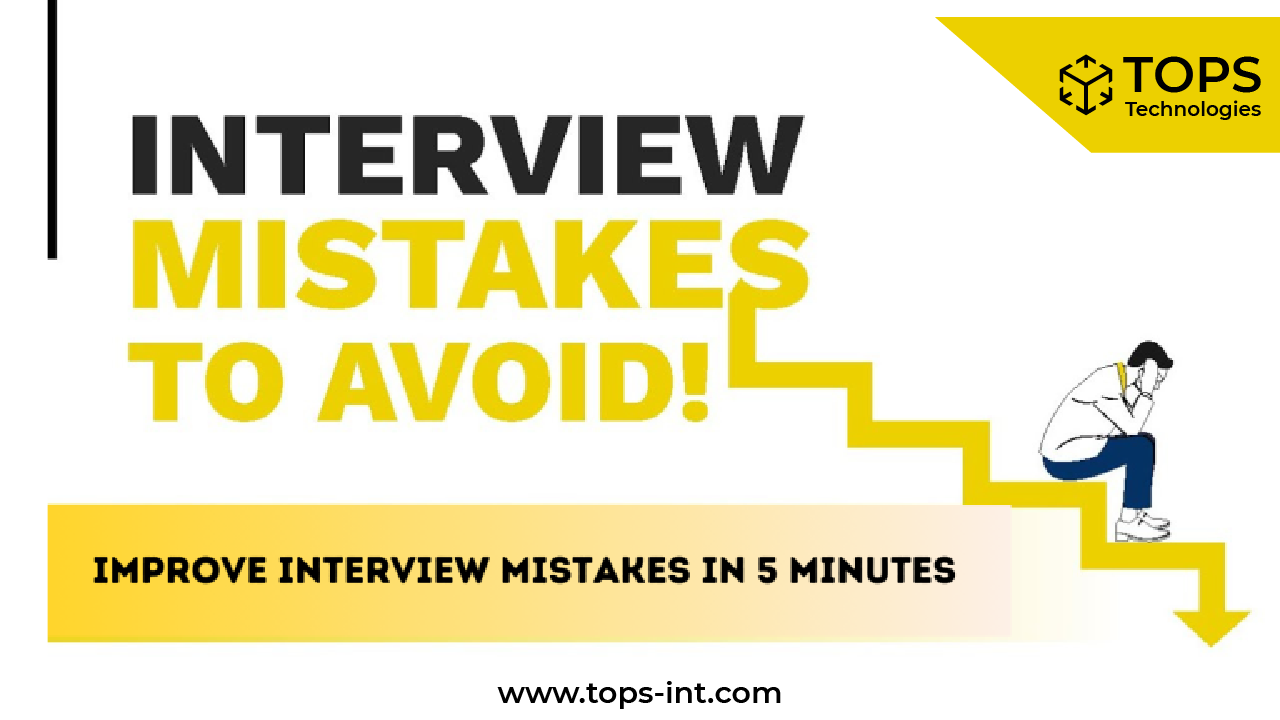
Unknown Mistakes that Interviewers Take Under Consideration


Get 100% Job Assistance & get placed in your dream company
Overlooking Soft Skills
While technical qualifications are essential, interviewers also pay close attention to soft skills. These include communication, teamwork, adaptability, and problem-solving abilities. Many candidates focus solely on showcasing their technical prowess, neglecting to highlight these crucial interpersonal skills. Interviewers look for well-rounded individuals who can thrive in diverse team environments and contribute positively to the company culture.
Inadequate Body Language
Non-verbal cues play a significant role in the interview process, yet many candidates overlook their importance. Interviewers observe body language to assess confidence, professionalism, and engagement. Common mistakes include avoiding eye contact, fidgeting, slouching, and failing to maintain a confident posture. By mastering positive body language, candidates can convey self-assurance and make a lasting impression on interviewers.
Lack of Specific Examples
During interviews, interviewers often ask behavioral questions to gauge a candidate's past experiences and problem-solving abilities. However, many candidates falter by providing vague or generic responses. To stand out, it's essential to back up statements with specific examples. This demonstrates authenticity and provides interviewers with tangible evidence of your capabilities and accomplishments.
Failure to Ask Questions
At the end of an interview, candidates are typically given the opportunity to ask questions. However, many fail to capitalize on this chance to further demonstrate their interest and enthusiasm. Interviewers interpret this as a lack of engagement or curiosity about the role and the company. By preparing thoughtful questions in advance, candidates can engage in meaningful dialogue and leave a positive impression on interviewers.
Conclusion
In the competitive landscape of job interviews, it's imperative to understand the perspective of the interviewer. By avoiding common pitfalls and addressing the unknown mistakes that interviewers take under consideration, candidates can increase their chances of success and stand out in a crowded field. Remember, preparation, showcasing soft skills, mastering body language, providing specific examples, and asking insightful questions are key to acing your next interview.




